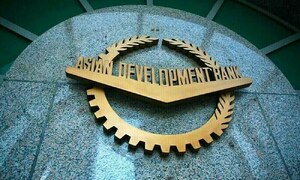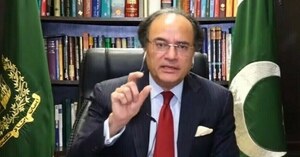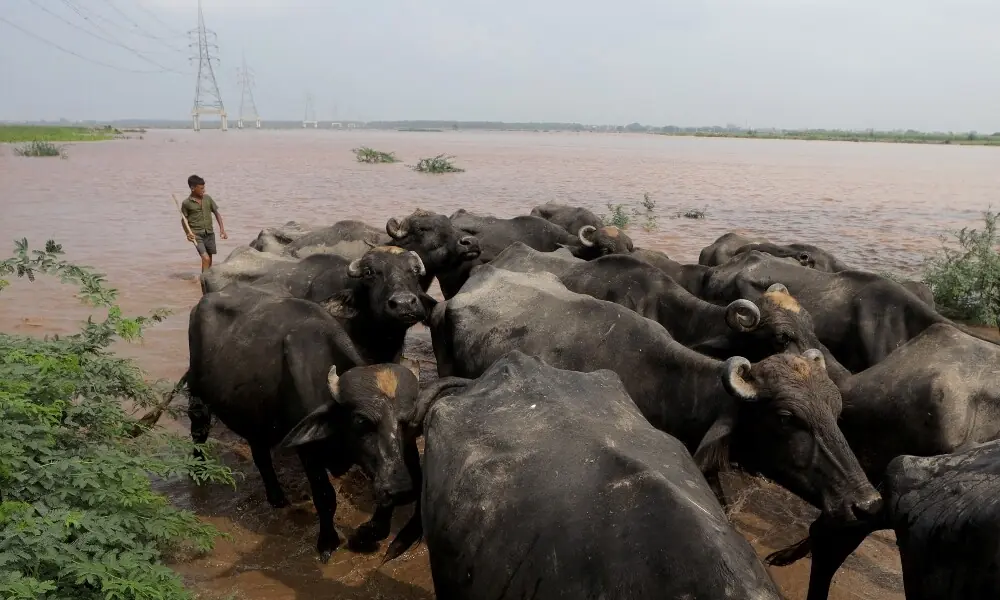According to Dr Farhat a pilot survey was recently conducted in which 70 people from three sites in Punjab, villages from where people are known to sell their kidneys, were interviewed and the findings were ignoble to say the least. Almost all the villagers interviewed were illiterate.
Most of the men worked as bonded labourers and their womenfolk were employed in the households of the landowners. On an average, an individual who sold a kidney was left with a net of around Rs 80,000 after paying off the middleman. The majority of the money obtained from this transaction is spent to try and pay off interest on debts owed to landowners. The rest is used to arrange marriages and burials in the family.
It was learnt that in some villages 30 per cent of the villagers have only one kidney. Once a kidney is removed in the hospital and the individual sent home, there is no further contact with the hospital.
Besides such donors driven by poverty, there are complaints of kidney thefts in hospitals. A few months back a case in Peshawar was highlighted in the press in which a surgeon was charged with the depriving a child of his kidney. The complainant told that his son was brought to the surgeon who carried out an operation on him at a private hospital. He said that since the boy was not feeling well after the surgery, he took him to a government hospital where they were informed that one of his kidneys had been removed.
ABSENCE OF LAW:
World Health Assembly in 1991 had endorsed several "guiding principles" (Resolution WHA 44.25) which all member states (including Pakistan) are expected to follow in formulating policies on organ transplantation. One of the principles states that "the human body and its parts cannot be the subject of commercial transactions," and that "advertising the need for or availability of organs with a view to seeking payment should be prohibited."
In the last few years, almost all countries have complied with and formulated laws that criminalise organ trade. Here Pakistan stands alone as the only Muslim country that has failed to pass an organ and tissue transplant law as well as the one dealing with brain death (a prerequisite for instituting cadaveric organ transplantation programmes and decreasing the reliance on living donors). The Transplantation of Human Organs Bill 1992 was presented in the parliament and a Senate Standing Committee approved the bill with several amendments in 1994. However, it is yet to be passed by the parliament. Although various governments tried to take up the issue but no headway is actually made in any direction due to unstated reason. The present government also made claims many times to get this bill passed but nothing has happened yet.
The 1994 bill faces severe opposition by transplant surgeons, who of course have a powerful lobby as the law clearly outlaws the human organ trade. The proposed bill prohibits the live organ donations from the people who are not genetically related to the patient. Even the donation by the spouse, under the proposed law, would be accepted after its approval by a relevant committee, who would see each and every transplantation taking place in the country. The law encourages the cadaver transplant and legalises the process.
Despite some flaws in the draft law (as the article 7 allows some donation from a person with his express consent without clearly referring to article 3 and vagueness in defining the 'good faith' as article 9 protects the acts of some person done in good faith, lack of complaint and redress mechanism and very low penalty, which is only 3 years RI for the culprit etc) it is overall a very good Act, which, if passed and implemented, would definitely check the illegal organ trade.
WHY PAKISTAN SHOULD NOT BE OFFERING MEDICAL TOURISM?
Medical tourism can be seen in Pakistan's blind run to the market after it liberalised its health related services sector more as compared to its counterparts in South Asia.
Some quarters also validly fear that profitable private-sector medical tourism will add to ever decreasing public health services. It will further undermine the equity by providing health services to visitors, scarce public resources and personnel will be reallocated away from much needed public health institutions and programs. The local population will not be provided with access to quality health services.
Pakistan already lacks human resource in medical sector. There are 123, 000 doctors for 16 million people and brain drain ratio from this sector is also very high. Skilled human resource in medical sector is flying out of the country and the promotion of medical tourism in the country would further undermine the equity and the local populace would have to invest more time and money to find a doctor for even simple treatment.
WHAT IS MEDICAL TOURISM?
Medical tourism, a 'rising star', is fast becoming a world-wide multibillion-dollar industry and offers great promise in generating foreign exchange earnings, cultural harmony, transfer of technology and skills for the country.
IN GENERAL, THERE ARE THREE TYPES OF PRODUCTS THAT COMES UNDER MEDICAL TOURISM:
i) Wellness (massage, herbal treatment, spas, meditation etc.)
ii) Treatment (elective surgery, cosmetic surgery, joint replacement, cardiothoracic services, eye surgery, diagnostic services, cancer treatment etc.)
iii) Rehabilitation (dialysis, addiction and elderly care programs etc.)
Hi-tech healing is a type of medical tourism products that specifically require advance technology for treatments (such as cosmetic surgery, dialysis and kidney transplant refractive surgery, vascular surgery etc.).
Asian countries are promoting the hi-tech healing and medical tourism exploiting the high healthcare cost in Europe and USA. India is promoting the 'high-tech healing' of its private healthcare sector as a tourist attraction. India has established world-class expertise in practices such as cardiac care, cosmetic surgery, joint replacements and dentistry. Interestingly in the early 1990s, foreigners travelled to India for kidneys but this trend decreased dramatically after 1994 following passage of the Indian Transplant Law criminalizing this practice. Now Pakistan is the main kidney street for people of Gulf, USA, Europe and Central Asian States.
(Concluded)
BR100
15,085
Increased By
112.5 (0.75%)
BR30
44,012
Increased By
987.7 (2.3%)
KSE100
148,618
Increased By
1274.3 (0.86%)
KSE30
45,248
Increased By
370.7 (0.83%)





















Comments
Comments are closed.